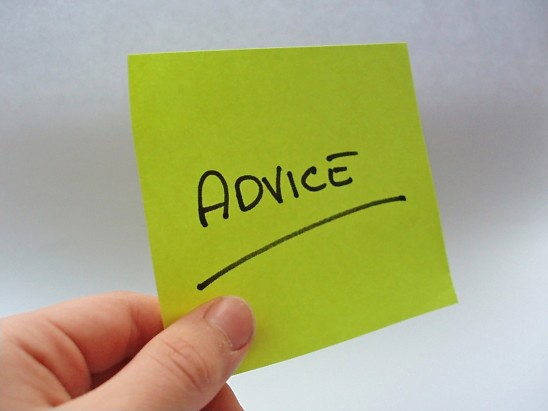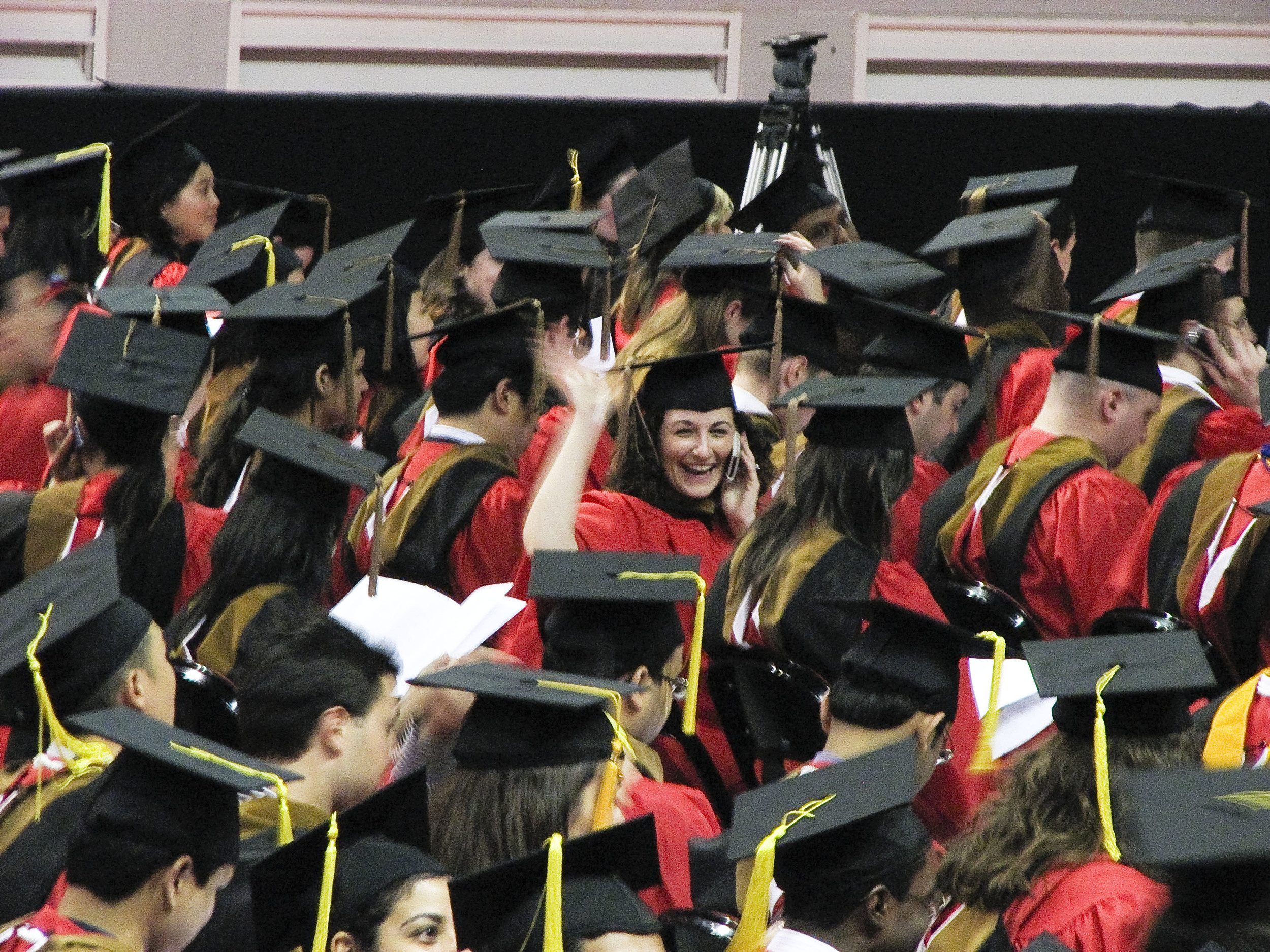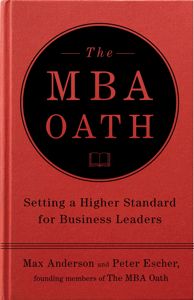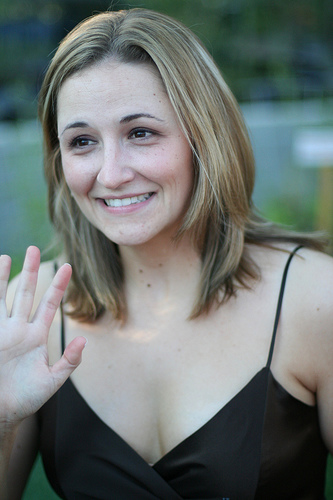What Do You Love?
/ One of the best things about being in grad school and conducting a job search is getting to do informational interviews.
One of the best things about being in grad school and conducting a job search is getting to do informational interviews.
As an MBA student I had the opportunity to connect with and ask questions of professionals in CSR, philanthropy, social enterprise and sustainable business. Luckily, even though business school is over, I’m still able to call on friends and others in my network for in-person coffees, lunch dates and phone calls.
In total I’ve met with probably 80 people over the last year and a half – definitely a good sample size! Why do I do it?
First and foremost, these conversations are a lot of fun – I enjoy talking to people and hearing their own stories about the career choices, successes, and even mistakes they’ve made along the way.
But more than that, it’s a great learning opportunity. As someone trying to carve out my own path and figure out my next steps, I find it incredibly helpful to get other people’s perspectives and advice.
What’s funny is that even though I talk to someone different each time, the advice I receive is often similar from conversation to conversation.
For example, I don’t have enough fingers and toes to count the number of times people have told me: “If you want to work “in-house” in a corporate responsibility team, get a functional job first (ie: marketing, strategy etc) and work your way in to a CSR job later.” (Seriously – if you also want to work in CSR, I can’t stress enough how often this bit of wisdom has come up in conversation!)
Sometimes I get frustrated hearing the same thing over and over again. Yet other times the messenger relays the advice in a way that’s just different enough to make it stick.
The best and most recent example was a phone call I had last week with a woman who previously worked in CSR communications and reporting at a major consumer products company. As is customary for most of my conversations, I ended our talk by asking what advice she might have for me as someone who wants to get into the field.
Her response: “Think about what you love.”
Now ok, I’ll admit it: at first I rolled my eyes a little. I have definitely heard this one before! Still, she pressed on: “Don’t think about what brand you want to work for,” she cautioned, “or what function you want to work in. Instead, think about what you love to do, what you love to talk about – and find a job doing that.”
What’s funny is that even though this idea wasn’t new, the way in which this woman said it really resonated.
Since our talk last week I have challenged myself to identify what I really love. And to be honest, it’s not a simple question to answer!
Think about it this way – how often do you ever give yourself the freedom and the space to actually stop and think through what you love to do, what you love to learn about, or what you love to share with others? And how often to you actually bring what you love to work?
Some people know right out of the gate what it is they love. For me, I’ll admit it – I’m still working on it. But I guess, in the end, that’s the point.
People like us – that is, people who are motivated to make change in our communities and have an impact on the world – have to follow our hearts. That’s really, in my opinion, the only way we’ll actually be sure that we successfully accomplish what we set out to do!
Sometimes it’s easy to overlook the importance that enthusiasm and passion can play in our jobs. Instead, we focus on salary, title, or prestige. I know as a recent graduate it’s been easy for me to get hung up on these issues.
At the end of the day, though, I think we’re all actually motivated by questions of greater value:
- Do we feel satisfied at work?
- Are we having the impact we wanted or hoped for?
- Do we need to explore something new?
Ultimately, it comes down to figuring out your passions – that is, the things that make you feel complete and fulfilled – and finding ways to make them your life’s work.
And yes, often this is easier said than done. Many of us have family or other commitments that make it tough to simply “follow our bliss” all of the time. But my hope is that you will take just a moment to sit quietly, listen to your heart, and figure out what you love. I know that’s my goal right now and I’ll be sure to update you when I have some answers.
In the meantime, my job is to find a job. And hopefully that job will touch upon those things I love – once I know what they are!







